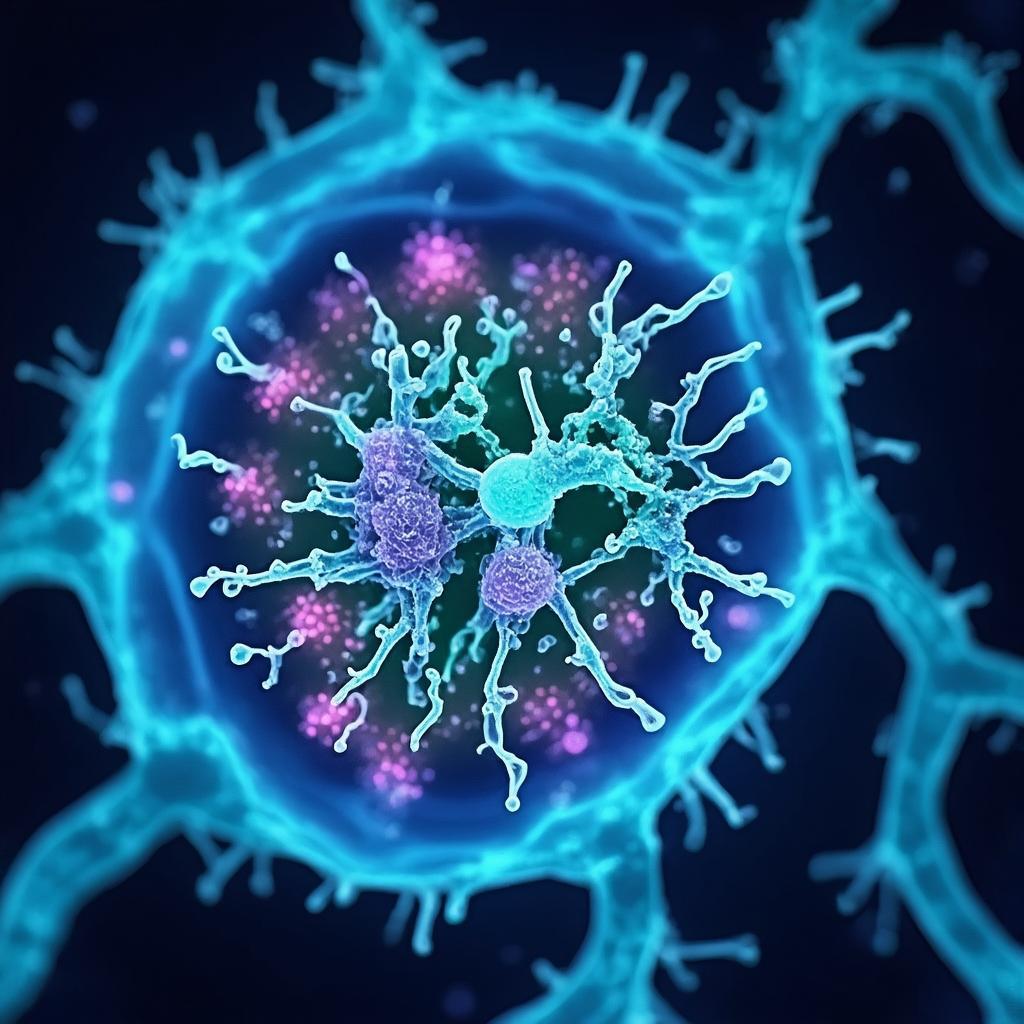New Platform Revolutionizes Protein Evolution for Next Gen Therapies

In a groundbreaking development, researchers from Australia have introduced PROTEUS, an innovative protein engineering platform aimed at transforming the design of medical treatments and advancing gene therapy. This initiative was announced by the Centenary Institute, based in Sydney.
The Centenary Institute, in collaboration with the University of Sydney, emphasizes that PROTEUS could play a pivotal role in future advancements in gene therapy, disease research, and the next generation of medical treatments.
PROTEUS, which stands for PROTein Evolution Using Selection, presents a revolutionary method that enables directed evolution of proteins within mammalian cells. This represents a significant advancement over traditional techniques that generally depend on bacteria or yeast.
"Directed evolution is a powerful method for developing proteins with specific properties, yet it has typically been conducted in bacterial or yeast systems that do not adequately mirror the complexities of human cells," explained Daniel Hesselson, a joint senior author of the study and the head of the Center for Biomedical AI at the Centenary Institute.
With PROTEUS, the directed evolution process is set within mammalian cells, providing a more relevant environment for therapeutic development. Hesselson elaborated that this new platform utilizes virus-like particles to induce mutations while selecting for proteins with enhanced function, all without causing harm to the host cells.
Initial experiments using PROTEUS have led to improvements in a gene-regulating protein and the evolution of a nano-body capable of detecting DNA damage, a crucial element in cancer research. The findings from this research were published in the journal Nature Communications.
"The introduction of directed evolution into mammalian cells through PROTEUS is facilitating the creation of new therapies that are potentially more effective and engineered to operate precisely where needed, within the human body," stated Alex Cole, another joint first author associated with the Centenary Institute's Center for Biomedical AI.
Read These Next

Chinese Scientists Reveal Nucleolus Structure's RNA Role
Analysis of a significant breakthrough in cellular biology regarding nucleolus structure and RNA processing, highlighting its implications and potential future applications.

China launches first inflatable grain silos enhancing agricultural tech
China's inflatable grain silos advance agricultural tech, improving storage conditions and enhancing food security sustainably.

ByteDance Launches Seed LiveInterpret 2.0 for Real-Time Translation
Critical commentary on ByteDance's Seed LiveInterpret 2.0 launch, exploring its significance, functionality, and potential impact on translation and communication industries.
